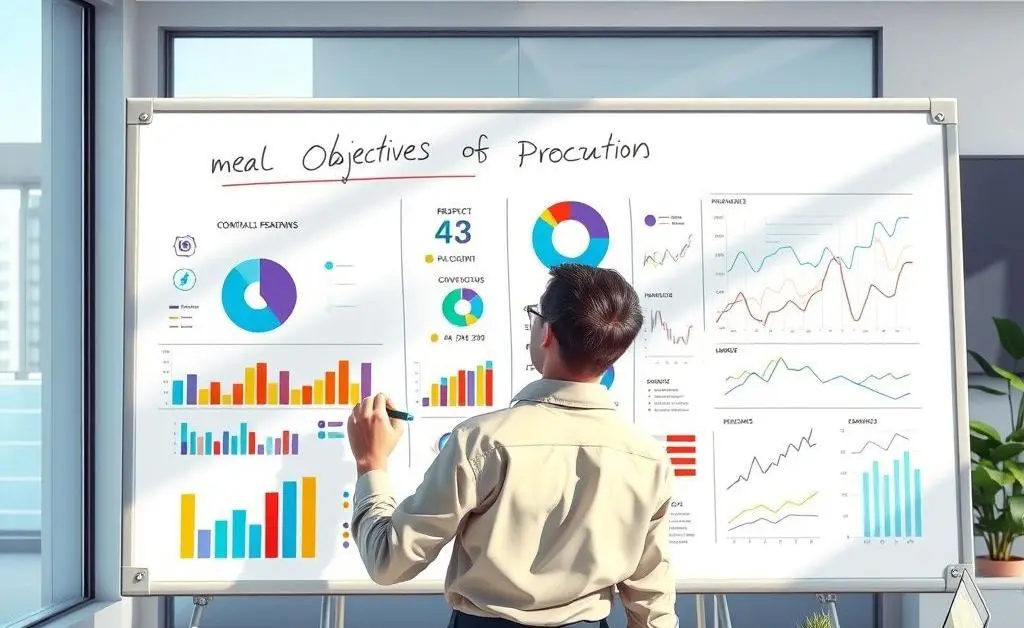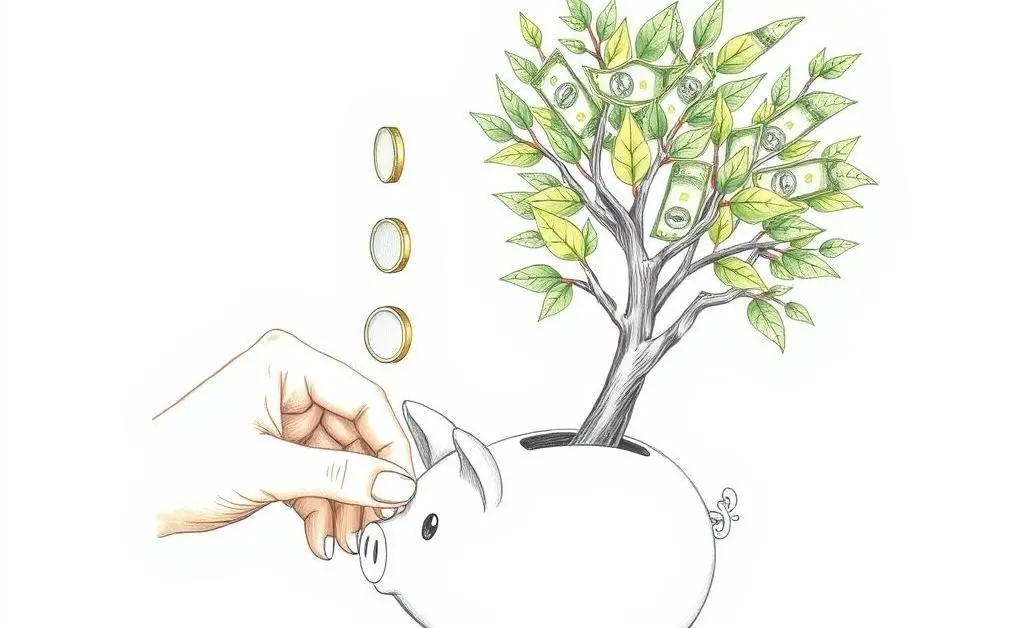Feeling Behind Financially in Your 30s? Here’s How to Catch Up
Discover practical steps to boost your savings and regain financial confidence in your 30s.

Ever feel like you’re falling behind financially, especially as you hit your 30s? Trust me, you’re not alone. This is a common concern as we juggle career changes, family responsibilities, and those nagging retirement savings questions. But here's the good news: it's never too late to get back on track. Let's explore some steps to help you regain financial control and confidence.
Understanding Your Financial Situation
First things first, let’s assess where you currently stand. This might sound daunting, but creating a comprehensive overview of your finances can be enlightening. Start by listing all your assets, liabilities, and monthly expenses. It might help you uncover hidden trends or leaks in your spending.

Set Clear, Achievable Goals
Setting goals is like selecting a destination for a road trip—the trip won’t make sense without it. Whether it's saving for a house, eliminating debt, or creating an emergency fund, your goals should be SMART: Specific, Measurable, Achievable, Relevant, and Time-bound. Write them down where you can see them every day.
Boost Your Savings
Now, let’s turn those goals into reality by ramping up your savings. Picture it like planting a tree—slow and steady wins the race. Automate a part of your paycheck into savings or a 401k if your employer offers one. If you’re self-employed, consider an IRA or a Solo 401k.

Invest with Confidence
Investing can feel intimidating, but it’s crucial for growing your wealth. You don’t need to be a stock market wizard—start simple with index funds or ETFs. Educate yourself with books or online courses, and consider consulting a financial advisor if you’re unsure.

Your Financial Safety Net
Lastly, don’t forget about protection—insurance. Health, life, and disability insurance are all important components of a robust financial safety net, providing peace of mind for you and your family.
Remember, it’s not about how you started but how you commit to your financial journey moving forward. By taking these steps, your 30s can become the decade where you lay a solid financial foundation.
What strategies have you found helpful in feeling financially secure in your 30s? Let’s chat in the comments!




